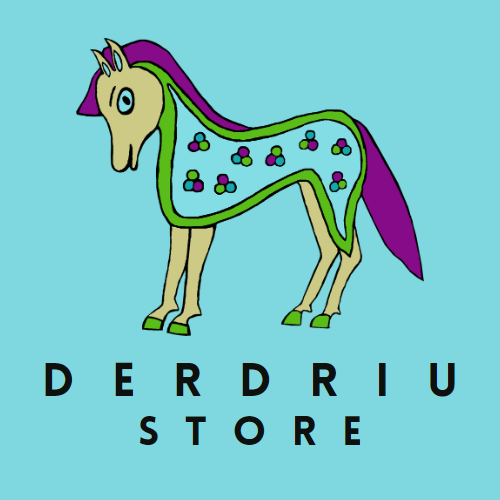
My Irish Language Journey
Share
Growing up in the Republic of Ireland, I learned the Irish language (Gaelic or Gaeilge) as a mandatory subject in primary and secondary school. My family usually just spoke English at home, and we would only use Irish for fun if we were travelling abroad and wanted to comment about a situation secretly! Most households in Ireland are like that today, although there are regions in the country called “Gaeltacht” were people speak Irish as a first language at home and in public.
Irish Gaelic is from a family of Celtic languages in Western Europe. The two most closely related languages are Scottish Gaelic and Manx Gaelic (from the Isle of Man). Irish Gaelic was the main language spoken in Ireland until the 19th century, when the English language became more dominant. A surprising detail I learned looking at the 1911 online census data was that my great-great-grandparents (who lived in my maternal grand-father’s house in West Cork when he was a boy) could only speak Irish, and everyone else in the house was bilingual in Irish and English. My mother grew up speaking some Irish at home, but my father’s family just spoke English.
I have to admit that at school I often found learning the Irish language quite tedious and difficult, as the grammar rules are tricky. However, I have always loved songs and poems in the Irish language, and also the traditional music and dance. Before my final year in secondary I attended a summer school in the Gaeltacht of County Donegal in the north west of Ireland, and had a great immersion in the language, which really helped to improve my fluency. Also, we enjoyed many ceilidh dances and were taught a wealth of Irish songs from that region.
However, when I left secondary school, I had no reason to speak Irish, and moreover I spent many years living abroad in different countries. Unfortunately, in my travels abroad I have come across many people who had no idea that the Irish people had their own language - which is not just English with an Irish accent and some Irish-y words! Even more unfortunate is that many people living in Ireland today could not hold a conversation in Irish, despite having many years of education in the language! This is the sad situation of our native tongue, but perhaps it’s not a desperate case.
Imagine my surprise when I found myself in recent years getting more and more interested in my native language – which has culminated in the development of my brand of Irish language personalized gifts: Derdriu Celtic Names.
